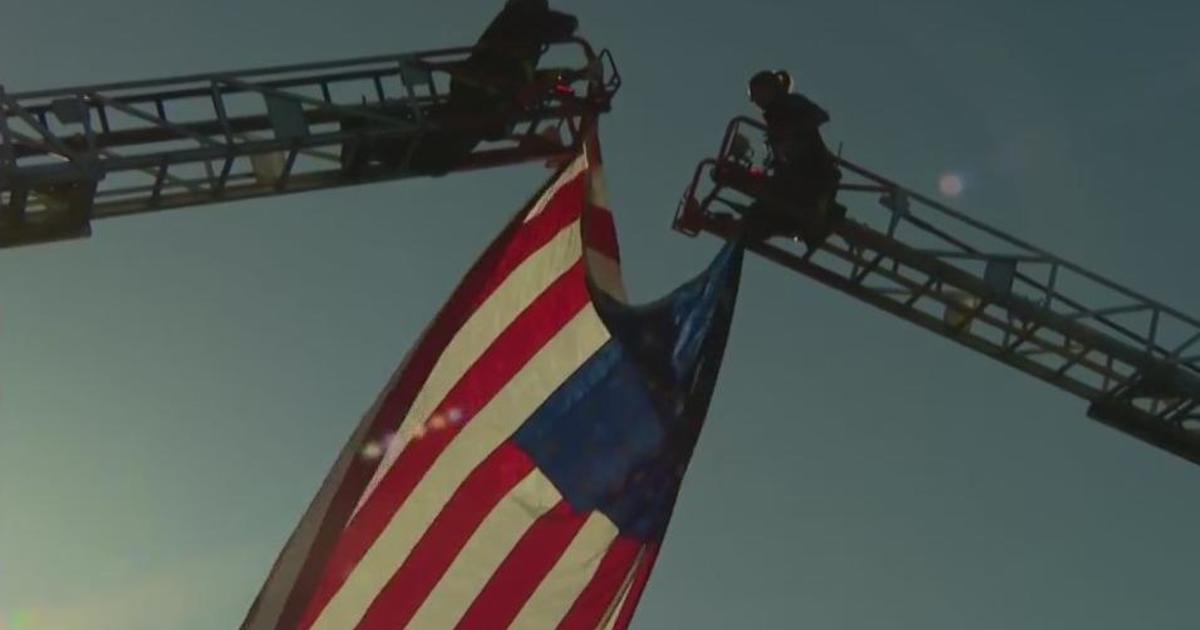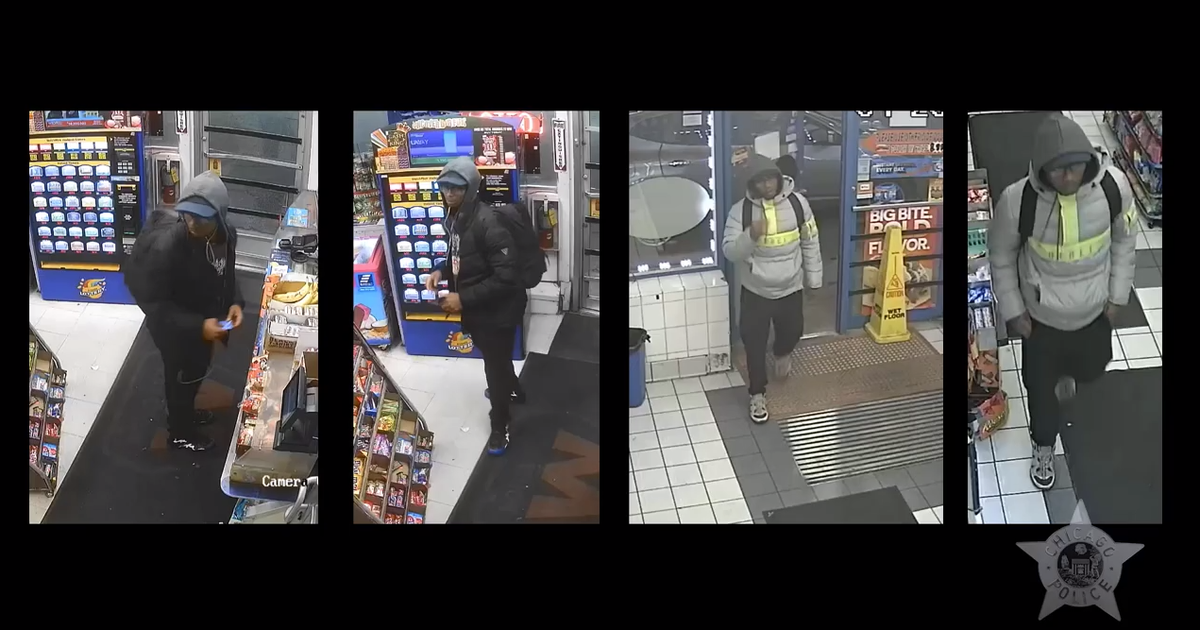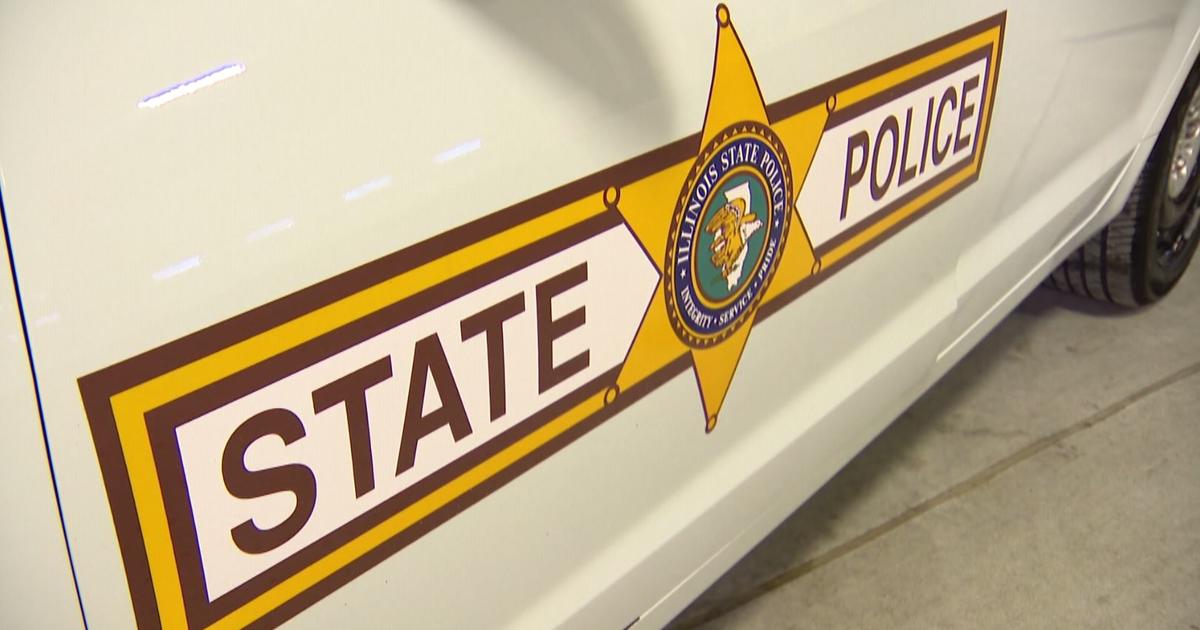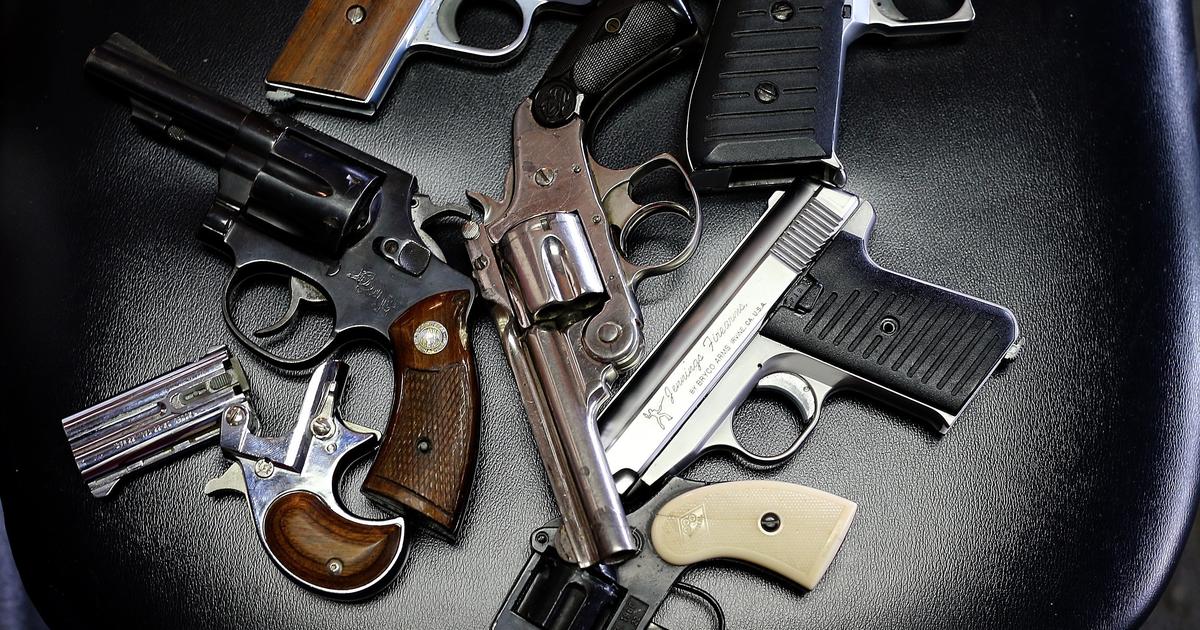Gangs, Weather, Reluctant Witnesses Drive Holiday Weekend Bloodshed
CHICAGO (STMW) -- This year's Independence Day celebration, for many Chicagoans a four-day respite in the land of the free, was for others an ordeal in a killing field.
Violence tore through parts of the city from Wednesday night to Sunday night. Police and community sources said the bloodshed was driven by gang warfare, good weather, easy access to guns and a reluctance of witnesses and the victims to identify the shooters, the Chicago Sun-Times reports.
The Chicago Sun-Times has counted 38 separate shooting incidents since 6 p.m. Wednesday. Eleven men were killed and 55 other people, including two young boys, were wounded.
To date this year, there have been 203 homicides, down from 275 for the same time last year, according to Sun-Times data.
The carnage was tightly concentrated. Forty percent of the incidents occurred in and around two West Side neighborhoods — Austin and Garfield Park — roughly an 8.5-square-mile patch of a 228-square-mile city.
Gov. Pat Quinn said the four-day toll should be a new impetus to the state Legislature to support his amendatory veto of a concealed-carry gun bill. Calling them "commonsense" changes in the name of public safety, Quinn wrote in provisions limiting a person from carrying a gun onto private property or anywhere that serves alcohol, among other changes.
Concealed-carry passed with veto-proof majorities, and sponsors have said they will attempt to override Quinn on Tuesday.
In an interview with the Sun-Times, Quinn said his changes have wide public support and amend a bill essentially written by the National Rifle Association.
"I would hope that the mayor and Chicago Police on Tuesday will help us on the veto override vote," Quinn said.
The holiday violence "ought to be an alarm bell to all of us to act. This is not right," he said.
The mayor's office did not respond to requests for comment Sunday.
The blocks around Flournoy and Francisco were ground zero for the eruption of violence. About 6 p.m. Saturday, a group was standing on that corner when a minivan pulled up. A gunman emerged and shot eight people, killing one, police said.
Two separate shootings happened just around the corner, in the 600 block of South Francisco, on Thursday and Friday. The Thursday incident led to a fatality. Police said no one was in custody.
A smaller pocket of cases was in Englewood and Grand Crossing on the South Side. Of all the incidents in Chicago over the long holiday break, only one was on the North Side.
"It's been a crazy week, but this is nothing new," said the Rev. Ira Acree of Greater St. John Bible Church at 1256 N. Waller. "This has been an ugly season for us as it relates to violence."
He said his community is gripped by "an overwhelming sense of fear."
"Every day, Chicago Police work to combat crime and violence in close partnership with the communities we serve," Chicago Police spokesman Adam Collins said. "We all have a role to play in the safety of our city. And though we've had significantly fewer shootings this year, there's certainly more work to be done and we're not going to rest until every one in the city enjoys the same sense of safety.
"Because of the ongoing nature of investigations, there's not much we can say publicly at this time. We continually review crime incidents throughout the city to monitor for trends and adjust deployment or tweak tactics as necessary," Collins said.
At a hearing Sunday afternoon in a case unrelated to the most recent wave of shootings, Judge Adam Bourgeois Jr. snapped at an attorney who argued for a low bond for a woman accused of having an unloaded gun.
"What do you want?" he asked the lawyer. "She had a gun. When I went to bed last night, 50 individuals were shot. People don't get it."
As bad as it is, it could have been much worse, said the Rev. Robin Hood, program manager in North Lawndale for the CeaseFire anti-violence group.
He said his organization's "violence interrupters," who work the streets, noticed rising tensions starting in June. While he acknowledged gang warfare on the West Side, Hood said haphazard groups are settling scores.
"The structure of gangs has been demolished," he said. "The average 14-year-old has his hands on a gun now."
While some of the shootings happened in the daytime, Chicago police saturation patrols in violence-prone neighborhoods don't begin their day until 7 p.m.
Ald. Robert Fioretti, whose 2nd Ward includes the Flournoy-Francisco corner, said Mayor Rahm Emanuel hasn't hired enough police officers to replace retirees.
"Police should have saturated that area for the remainder of this weekend. There is a failure to police the streets," Fioretti said.
Hood, whose group receives a city contract to mediate conflicts in the North Lawndale and Woodlawn neighborhoods, said police "have done a phenomenal job" and averted many crimes. He said July is the city's worst month for violence.
A year ago, the Chicago area had a similar victim count for Independence Day through Sunday, July 8: nine killed and 51 wounded in shootings.
If the 2012 period is considered as starting Tuesday, July 3, the injury total from gun violence was 66, according to data compiled by the Sun-Times.
Acree called on people who know the shooters to call police and not harbor criminals. He said adults also must do more mentoring of children.
Police have said lack of cooperation from community members has been an ongoing problem. For example, three men who were shot Wednesday night in Woodlawn showed up at St. Bernard Hospital without the help of paramedics. Police said one man later died and the survivors weren't helping the police investigation.
Fioretti said the crimes have far-reaching effects.
"All the violence in this city has a negative impact on wherever you go in our city, our tourism and on our budget in general. The number of shootings in the city cost billions of dollars in health care," he said.
What's so toxic about the Fourth of July? It "brings people out to socialize, so it brings people together who may have had ongoing conflicts," said Arthur Lurigio, professor of psychology and criminal justice at Loyola University Chicago.
Add drinking to the mix, and the likelihood of violence increases, he said. Lurigio said that without cellphones and practiced physicians in Chicago emergency rooms, more of the wounded would have died.
"You are dealing with a subculture in which violence is an acceptable way to solve problems," he said. The perpetrators often have no checks on their behavior from older gang leaders, "who are mostly dead or in prison," Lurigio said.
For one Chicago man out celebrating the holiday with his wife and children and old friends, the violence has upended his household. Adonis Hewlett said he got lucky that only one bullet hit him. It burned through his right hand, he said Sunday, recounting what happened in Cooper Park after fireworks early Friday morning when Hewlett said, his best friend and little Jaden Donald, the 5-year-old son of another old friend, were hit by bullets apparently meant for rival gang members, not celebrating families. Authorities have charged a man in the shooting.
"I hit the wall and fell to the floor," Hewlett said. "I just laid there. I knew I was hit one time."
His own three children — ages 9, 11 and 13 — weren't harmed physically , but they're scarred.
They heard the shots, several of which hit their car.
When they saw their dad round the park's fieldhouse, clasping his right hand to his stomach and dripping blood, one son cried out, "Dad, you're bleeding!"
And now the boys don't want to leave their Chatham house.
"They don't want to go outside anymore," said Hewlett, 34.
"They don't want to live in the city of Chicago anymore. "
(Source: Sun-Times Media Wire © Chicago Sun-Times 2013. All Rights Reserved. This material may not be published, broadcast, rewritten, or redistributed.)



